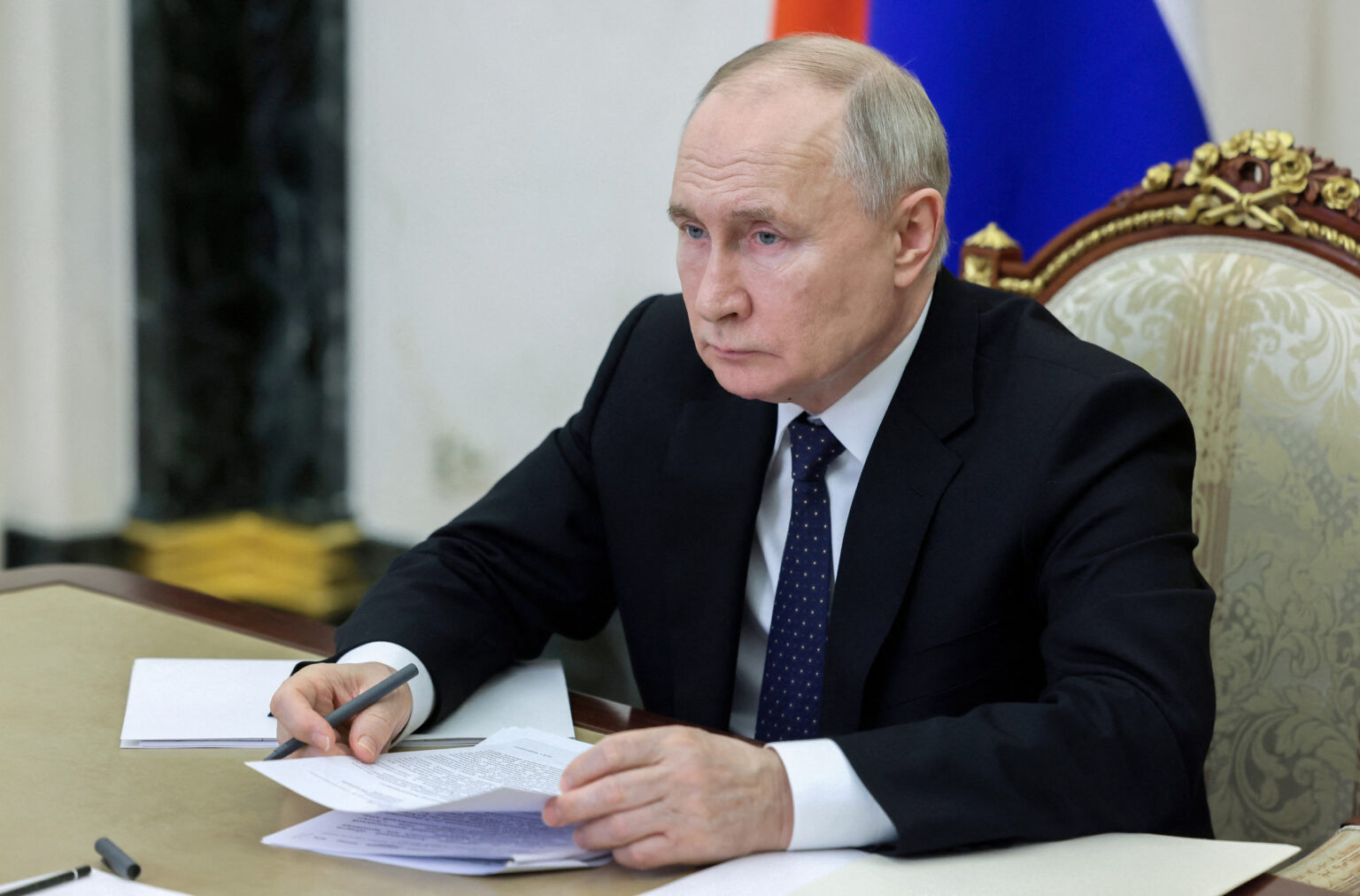Russian Economy Thrives Amid Sanctions and Conflict: World Bank Report
Despite an ongoing war in Ukraine and a barrage of Western sanctions, Russia’s economy appears to be thriving. The new World Bank report for 2023 reveals surprising data that showcases Russia’s economic resilience and even growth since the invasion of Ukraine began in February 2022.
Context and Background
In the wake of the Ukraine invasion, the United States and its allies introduced a comprehensive set of sanctions aimed at crippling Russia’s military capacities and enforcing an economic squeeze to pressure President Vladimir Putin into a retreat. The sanctions targeted the financial sector, energy exports, and military procurement networks, aiming to isolate Russia from the global economy.
Contrary to these expectations, the World Bank’s recent classification has elevated Russia from an "upper-middle-income" to a "high-income" country, a status shared with nations like the U.S. and other G7 members. This classification is based on significant factors such as a rise in Gross Domestic Product (GDP) and Gross National Income (GNI) per capita.
Factors Behind Economic Resilience
The World Bank’s report attributes the surprising economic performance to a substantial increase in military-related activity. Furthermore, Russia’s economy benefitted from a rebound in trade and growth in both the financial and construction sectors. This combination led to an impressive 11 percent hike in GNI per capita.
International relations expert Philip Cuncliffe, from University College London, suggested that the sanctions could have unintentionally bolstered the Russian economy. According to Cuncliffe, efforts to curb Russia’s global trade may have "helped to stimulate Russian industry and forced the Russian state to become more self-sufficient, to carve out new markets and establish new supply chains."
Ongoing Sanction Measures
Despite these gains, Western powers continue to impose stricter sanctions. In June, the U.S. targeted an additional 300 individuals and entities accused of helping Russia circumvent sanctions. Furthermore, during the G7 summit, member states agreed to appropriate $300 billion worth of frozen Russian assets to support Ukraine’s resistance efforts. The European Union also adopted its 14th package of sanctions, focusing specifically on Russia’s gas exports.
Doubts Over Data Reliability
The reliability of the data provided by Russia has come under scrutiny. Critics argue that the figures could be part of Russia’s "information war" against the West, aimed at downplaying the impact of sanctions. Cuncliffe acknowledged the potential for data manipulation, stating that although economic figures are always subject to revision, current evidence suggests Western sanctions have been largely ineffective.
Military and Economic Implications
Sanctions have not stopped Russia’s re-armament efforts. A U.K. think tank report noted that Russia has successfully replenished its military arsenal through "front companies" and circumventing embargoes. Gary Somerville, one of the report’s authors, revealed that defense contractors utilized backchannels to secure military components, further highlighting the inefficacy of sanctions.
Conclusion
If the World Bank’s data holds true, it signifies Russia’s strong economic position despite ongoing sanctions and a costly war. The resilience of the Russian economy raises questions about the overall effectiveness of Western economic measures and suggests a potential need to reassess strategies aimed at curtailing Russia’s actions.
For more information, you can visit the World Bank’s official website.
